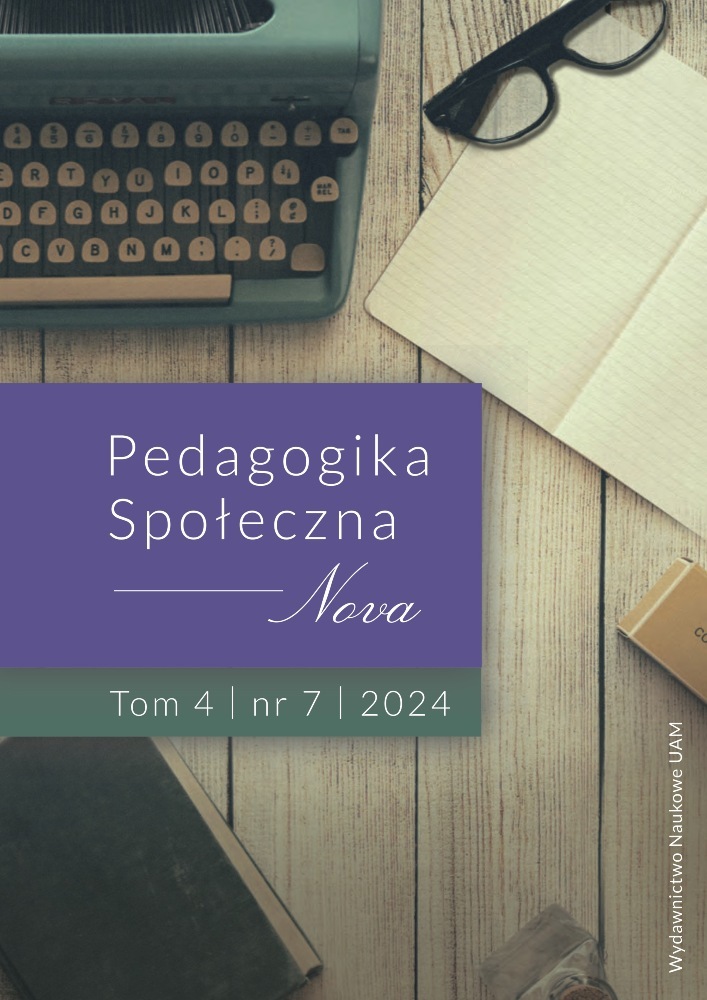Abstract
Over the years, animated films have always captured the interest of people, especially, young ones, irrespective of ethnicity, or religion. Like many other media, animated films have themes that are capable of posing positive or negative effects on their consumers. They are a common commodity in many households around the world. Hardly any household exists who would deny having seen one. However, its role in conflict resolution, forgiveness, and the child’s psychological wellness is under-researched, especially in Nigeria. Using Alfred Adler’s individual psychology theory developed by Rudolf Dreikurs, This study examined the conflict resolution methods children and parents employed in resolving conflict among children. 107 households comprising 221 children were exposed to lesson 11, Forgive Freely of the Become Jehovah’s Friend Animated Film series for 30 days. After this, resolved conflicts and for- giveness were examined concerning the child’s psychological well-being. For a better understanding of the context, the synopsis of lesson 11, Forgive Freely was presented and briefly analysed. Responds to each of the questions used were presented in analytical tables. The descriptive method of data analy- sis was used to analyse the data collected. Percentages and frequencies were used to evaluate the responses collected from the respondents. The conclusion was drawn based on the percentage ratio. The study finds that conflicts arise among children every day but the relationship between animated films (Forgive Freely), conflict resolution, and forgiveness is insignificant. However, there is a significant relationship between resolved conflict, forgiveness, and psychological well-being. Parental intervention in child conflict is emphasised over that of the animated film genre.
References
Bedekar M., & Joshi P., Cartoon films and their impact on children’s mentality, “Research Review International Journal of Multidisciplinary” 2020, 5(6), pp. 13–17. DOI: https://doi.org/10.31305/rrijm.2020.v05.i06.003
Bello T., Negotiation as a Tool for Dispute Resolution and Conflict Management in a Changing World, Babcock University, School of Law and Security Studies 2017, https://papers.ssrn.com/sol3/papers.cfm?abstract_id=3010144 [accessed: 4.04.2024]. DOI: https://doi.org/10.2139/ssrn.3010144
Benson O.S., Concepts and Methods of Conflict Resolution and Peace-Building: Imperatives for Religious Leaders in Nigeria, “UNIZIK Journal of Religion and Human Relations” 2009, 1(2), https://www.ajol.info/index.php/jrhr/article/view/87329 [accessed: 4.04.2024].
Berman S., Children’s Social Consciousness and the Development of Social Responsibility, New York 1997.
Berry J.W., & Worthington E.L., Forgivingness, relationship quality, stress while imagining relationship events, and physical and mental health, “Journal of Counseling Psychology” 2001, (48), pp. 447–455. DOI: https://doi.org/10.1037//0022-0167.48.4.447
Blessing A., Imported cartoon films: Replacing African social-cultural values? “Pedagogika Społeczna Nova” 2022, 2(3), pp. 171–183. DOI: https://doi.org/10.14746/psn.2022.3.10
Blessing A., Media usage, media violence and the Nigerian Child, “Language, Discourse & Society” 2022, 10(1(19), pp. 54–66.
Cohen J., & Weimann, G., Cultivation Revisited: Some Genres have some Effects on some Viewers, “Communication Reports” 2000, 13(2), pp. 99–114. DOI: https://doi.org/10.1080/08934210009367728
Cohen T.R., Conflict resolution, [in:] I.B. Weiner, & W.E. Craighead (ed.), The Corsini Encyclopedia of Psychology, 4th ed., vol. 1, Hoboken, NJ, 2010, pp. 390–391, https://www.researchgate.net/publication/242299308_Conflict_Resolution [accessed: 4.04.2024].
Deutsch M., The resolution of conflict: Constructive and destructive processes, New Haven 1973. DOI: https://doi.org/10.1177/000276427301700206
Dhanabhakyam M., & Sarath M., Impact of occupational stress on job satisfaction and Psychological Wellbeing, “International Journal of Advanced Research in Science, Communication and Technology (IJARSCT)” 2022, 2(2), pp. 270–275. DOI: https://doi.org/10.48175/IJARSCT-3651
Dhanabhakyam M., & Sarath M., Psychological well-being: a systematic literature review, ”International Journal of Advanced Research in Science, Communication and Technology” 2023, 3(1), pp. 603–607. DOI: https://doi.org/10.48175/IJARSCT-8345
Douglass W., E Fall From Grace: E Modern Family on Television, “Communication Research” 1996, 23(6), pp. 675–702. DOI: https://doi.org/10.1177/009365096023006003
Dreikurs R., Psychology in the classroom: A manual for teachers, New York 1968.
License
Copyright (c) 2024 Adjeketa Blessing

This work is licensed under a Creative Commons Attribution-NonCommercial-NoDerivatives 4.0 International License.

